Content from the Brookings Institution India Center is now archived. After seven years of an impactful partnership, as of September 11, 2020, Brookings India is now the Centre for Social and Economic Progress, an independent public policy institution based in India.
In a 3 part series, Rakesh Mohan says if proposals to set up an appellate body to review RBI’s regulatory and supervisory decisions were to be implemented, the whole supervisory process would get mired in constant litigation. The series was originally published in Business Standard.
If proposals to set up an appellate body to review RBI’s regulatory and supervisory decisions were to be implemented, the whole supervisory process would get mired in constant litigation.
The last decade has witnessed an almost constant attack on the Reserve Bank of India (RBI), emanating sometimes from within the government, sometimes from expert committees appointed by the government, and otherwise from independent analysts, researchers, commentators and economists.
That this has happened is quite curious, particularly since the RBI is generally acknowledged to have negotiated very well the vicissitudes of financial markets, both global and domestic, resulting from the Asian financial crisis 1996-97, the north Atlantic financial crisis (NAFC) of 2008-09, and the taper… (Read the full article here)
Responsibility fulfilled
In part 2 of the series, the author argues that some changes made to the RBI board lack merit and examines the role of the central bank in regulating the payment and settlement system.
Some changes have been made to the Reserve Bank of India (RBI) board without adequate discussion. Since the inception of the RBI in 1935, the Act provided for only one government director on its board. It had also been specified that this director would be a nonvoting position.
This provision is more important symbolically than in actual practice; in fact, votes are seldom resorted to in the functioning of RBI’s board. Even without a formal vote the reality is that the government’s representative always has an influential and effective voice in the board. (Read the full article here)
Protect the RBI’s balance sheet
In the concluding part of the series, the author says the continued pressure on the RBI might have been successfully resisted but it has taken a toll on the reputation of the institution built.
The most disturbing developments in recent years have been formal suggestions emanating from the government’s official statutory Economic Survey proposing a raid on the RBI’s balance sheet, with the purpose of funding the recapitalisation of public sector banks. The proposal was to transfer a portion of the stock of securities held in the RBIs balance sheet to public sector banks.
It was argued that the RBI has excess capital in its balance sheet. As it happens, the composition of central banks’ balance sheets remains an arcane subject for discussion. (Read the full article here)
The Brookings Institution is committed to quality, independence, and impact.
We are supported by a diverse array of funders. In line with our values and policies, each Brookings publication represents the sole views of its author(s).
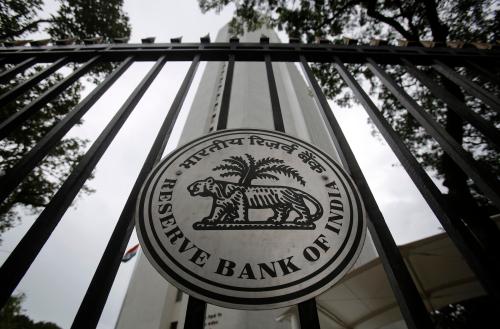
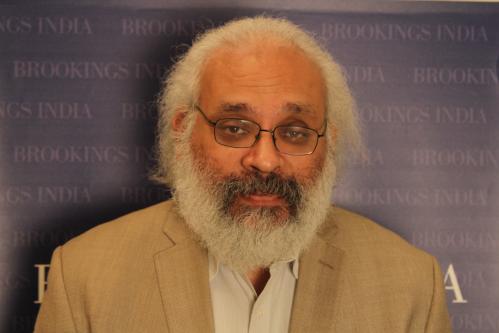
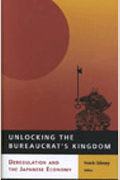

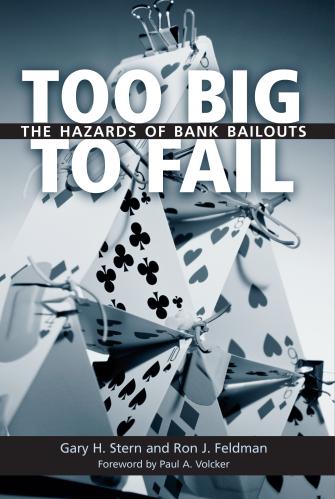
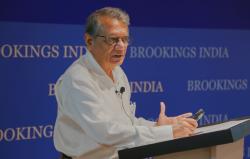



Commentary
Op-edPreserving the independence of the RBI
October 15, 2018